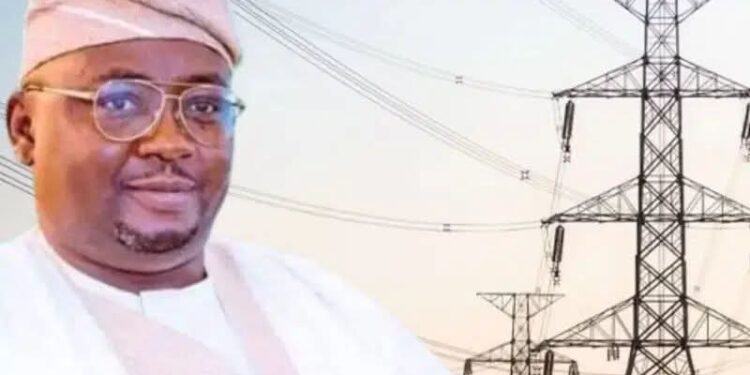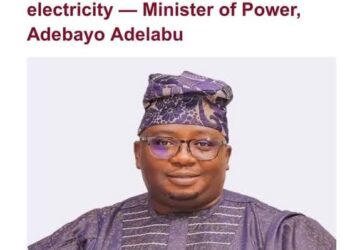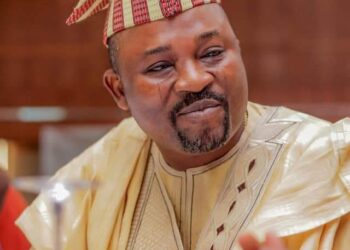In what may soon become a turning point for Nigeria’s power sector and consumers alike, the Minister of Power, Chief Adebayo Adelabu, has sent a strong message to Nigerians: the economy can no longer sustain electricity subsidies, and cost-reflective tariffs are inevitable.

During a high-stakes meeting in Abuja with the Chairperson of the Association of Power Generating Companies (APGC), Dr. Joy Ogaji, Adelabu warned that unless bold reforms are implemented immediately, Nigeria risks a total collapse of its power infrastructure.
“Citizens must pay the appropriate price for energy consumed,” Adelabu declared in a statement issued by his media aide, Bolaji Tunji. “Targeted subsidies will continue for vulnerable Nigerians, but we must understand that our economy cannot sustain subsidies indefinitely.”
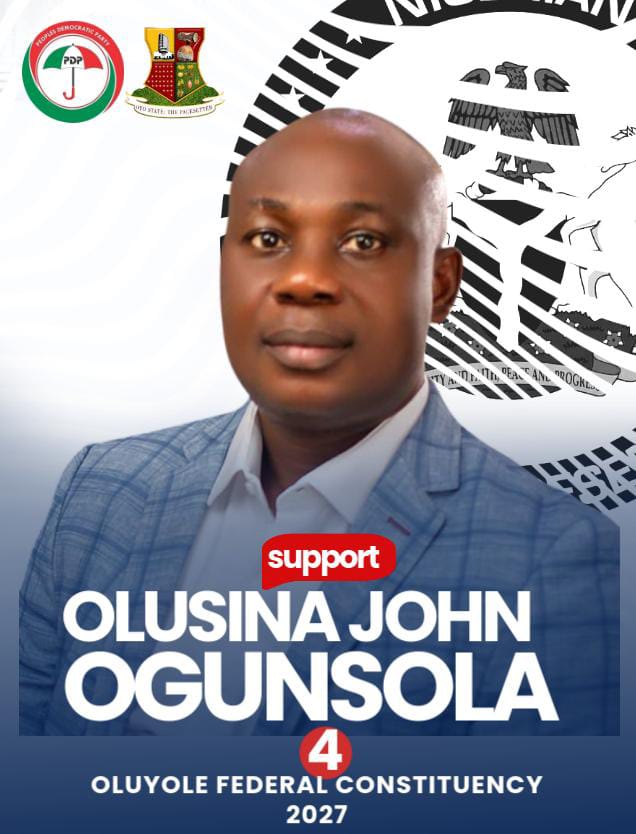
This stunning revelation comes amid a mounting N4 trillion debt owed to Generation Companies (GenCos)—a staggering burden threatening to choke the life out of Nigeria’s electricity supply chain.
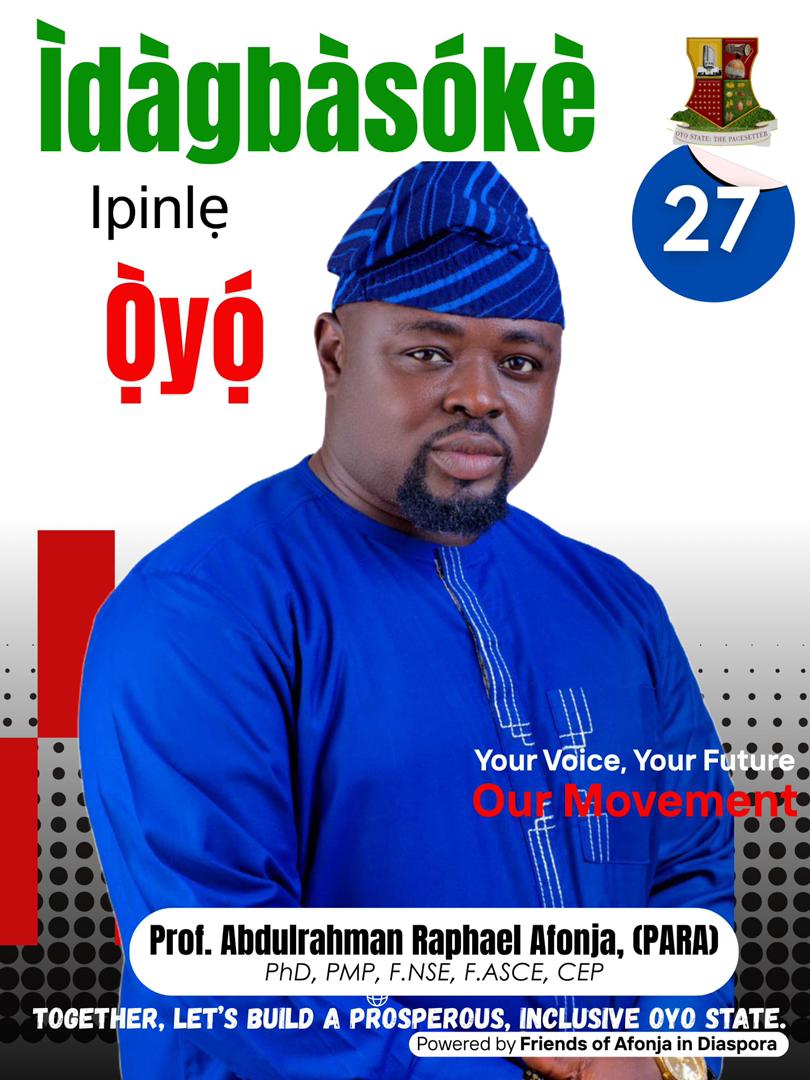

According to industry insiders, the country’s power sector is now in a full-blown liquidity crisis. Col. Sani Bello, Chairman of the APGC and Mainstream Energy Solutions, warned that GenCos can no longer access loans, invest in maintenance, or sustain operations. “This is a critical threat,” he said. “We are at the brink.”
Mr. Kola Adesina, Chairman of Egbin Power—the largest privately-owned power plant in Nigeria—didn’t mince words: “This is a national emergency. Everything hinges on power—we cannot afford sector failure.”

Dr. Ogaji laid bare the grim realities faced by power producers. Chronic payment defaults by distribution companies, unreliable gas supply, and Nigeria’s forex volatility have crippled the sector. She painted a bleak picture of how GenCos that borrowed in dollars during the pre-2015 reforms are now drowning in debt.

“In 2013, the exchange rate was ₦157 to $1. Today it’s ₦1,600. That’s a 10-fold blow to GenCos that still have to pay foreign-denominated loans,” she lamented.
In an effort to avert total collapse, Adelabu assured stakeholders that the Federal Government will act fast. He promised that a “significant portion of the N4 trillion debt” will be paid immediately, while the balance will be cleared within six months through promissory notes and other financial instruments.
President Bola Tinubu is reportedly preparing to hold a decisive meeting with GenCos’ leadership to hammer out a sustainable debt resolution and unlock Nigeria’s electricity bottlenecks once and for all.
Beyond clearing debts, Adelabu hinted at sweeping sector reforms, including:
Reducing multiple regulatory levies on GenCos
Strengthening gas supply chains
Promoting energy efficiency through nationwide public education campaigns
“We cannot allow this crisis to deepen. Nigerians deserve reliable power, but they must also understand the true cost of sustaining that power,” the Minister concluded.
The Warning Is Clear: A New Era of Higher Bills?
With the government signaling a shift to cost-reflective tariffs, Nigerians should brace up for higher electricity bills—unless they fall within the protected category of “vulnerable citizens” eligible for targeted subsidies.
What remains uncertain is whether this bold move will finally revive Nigeria’s broken power sector or deepen the energy poverty that already plagues millions.
#nigeria #NigeriaElectricity #fyp #AdebayoAdelabu
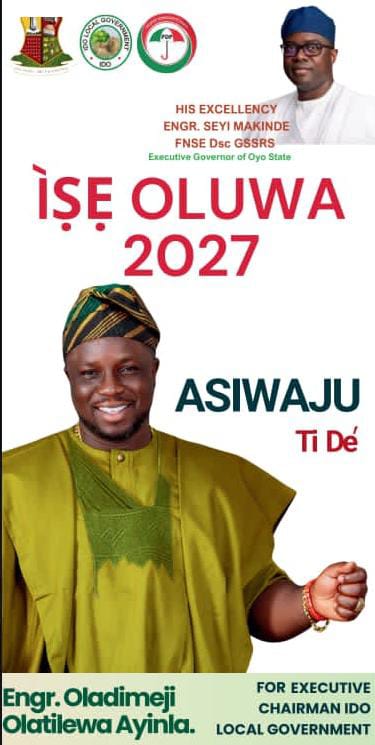

You can get every of our news as soon as they drop on WhatsApp ...To get all news updates, Join our WhatsApp Group (Click Here)



